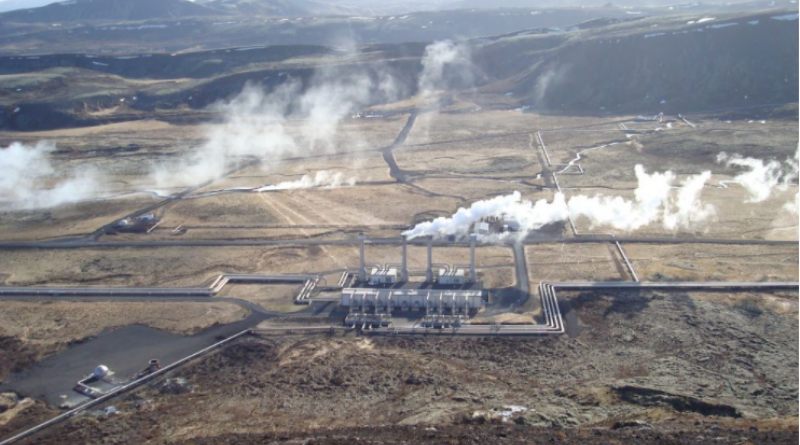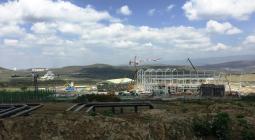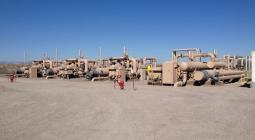UK Government urged to use geothermal to aid the green recovery.

The Renewable Energy Association (REA) has released a new report with ARUP which details how geothermal can be used to aid the green recovery.
The Association for Renewable Energy and Clean Technology (REA) and ARUP have published a new report which underlines the environmental and economic potential of deep geothermal. It has the backing of over 30 businesses, academics, NGOs and industry experts.
The report estimates that, should the Government establish a Geothermal Development Incentive, 12 deep geothermal projects could be operational by 2025, creating 1,300 jobs and generating more than £100 million of investment, predominately in towns and cities in the North of England, Midlands and South-West. The scheme would provide a catalyst to the industry, with 360 sites being established by 2050. This would provide an additional £1.5 billion of investment, 10,000 direct jobs and 25,000 indirect jobs, and an annual carbon saving of 3 megatons.
Deep geothermal energy is a space efficient utility scale renewable heat resource that can be deployed in urban areas, specifically with the potential to heat thousands of large commercial and other properties for generations. Heat accounts for around 40% of the UK’s energy consumption and nearly a third of UK greenhouse gas emissions. It is estimated that there is currently enough deep geothermal heat energy to supply all of the UK’s needs for at least 100 years.
Dr Nina Skorupska CBE, Chief Executive of the Association for Renewable Energy and Clean Technology (REA), said: “As this report demonstrates, deep geothermal must be central to the Government’s energy policy for the next 30 years, but with real and tangible benefits in the immediate future."
“Deep geothermal has the potential to become a world leading industry here in the UK, provide a stable transition away from oil and gas, and help meet the Government’s net zero ambitions by decarbonising heat on a mass scale. It would also create 1,000s of new jobs and generate tens of millions of pounds in new investment."
This week in Parliament, Dr Kieran Mullan, Member of Parliament for Crewe and Nantwich, urged the Prime Minister to get behind the report and its proposals. He said: “As we recover from the huge economic challenges of the lock down we need to grab every opportunity available. We have the chance here to turbo charge investment, often in places in the North like Crewe which are at the heart of the levelling up agenda. We can create new skilled jobs and importantly, sustainable green jobs which are so important now.”
Germany’s use of deep geothermal energy reduced the country’s emissions by more than 1.7 Mt CO2 equivalent in 2017. In addition, there is the creation of skilled jobs, the industry is estimated to have created more than 22,000 jobs and added €13.3 billion to the German economy since 2000.
The success of geothermal developments in countries such as Germany, France and the Netherlands is closely linked to their governments’ commitment to supporting this technology through policies, regulations, incentives and initiatives. This success is specifically linked to the availability of a long-term, stable regulatory framework and the willingness of the state to share economic risks during the early stages of development.
Read the full report here.
May 2021
Climate Action




